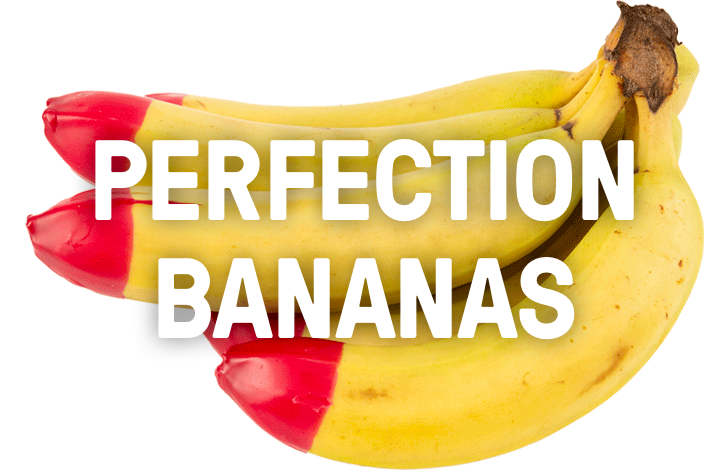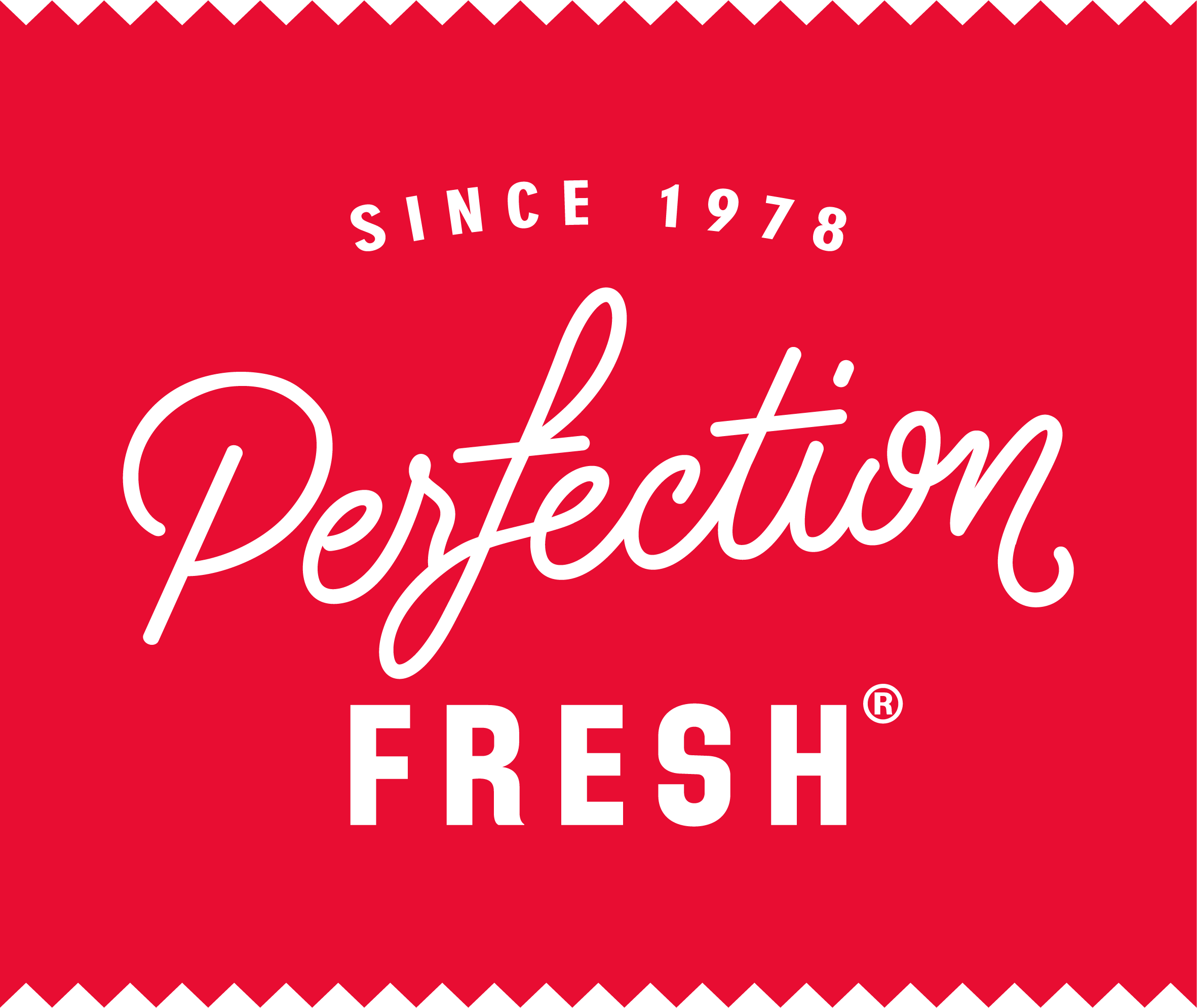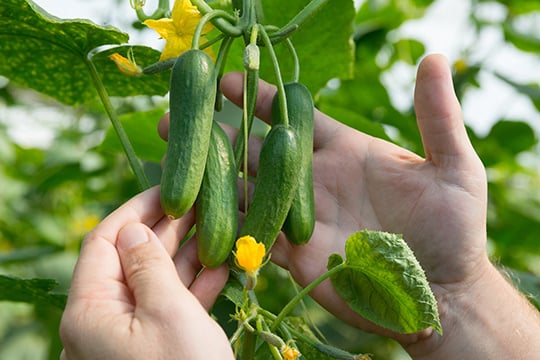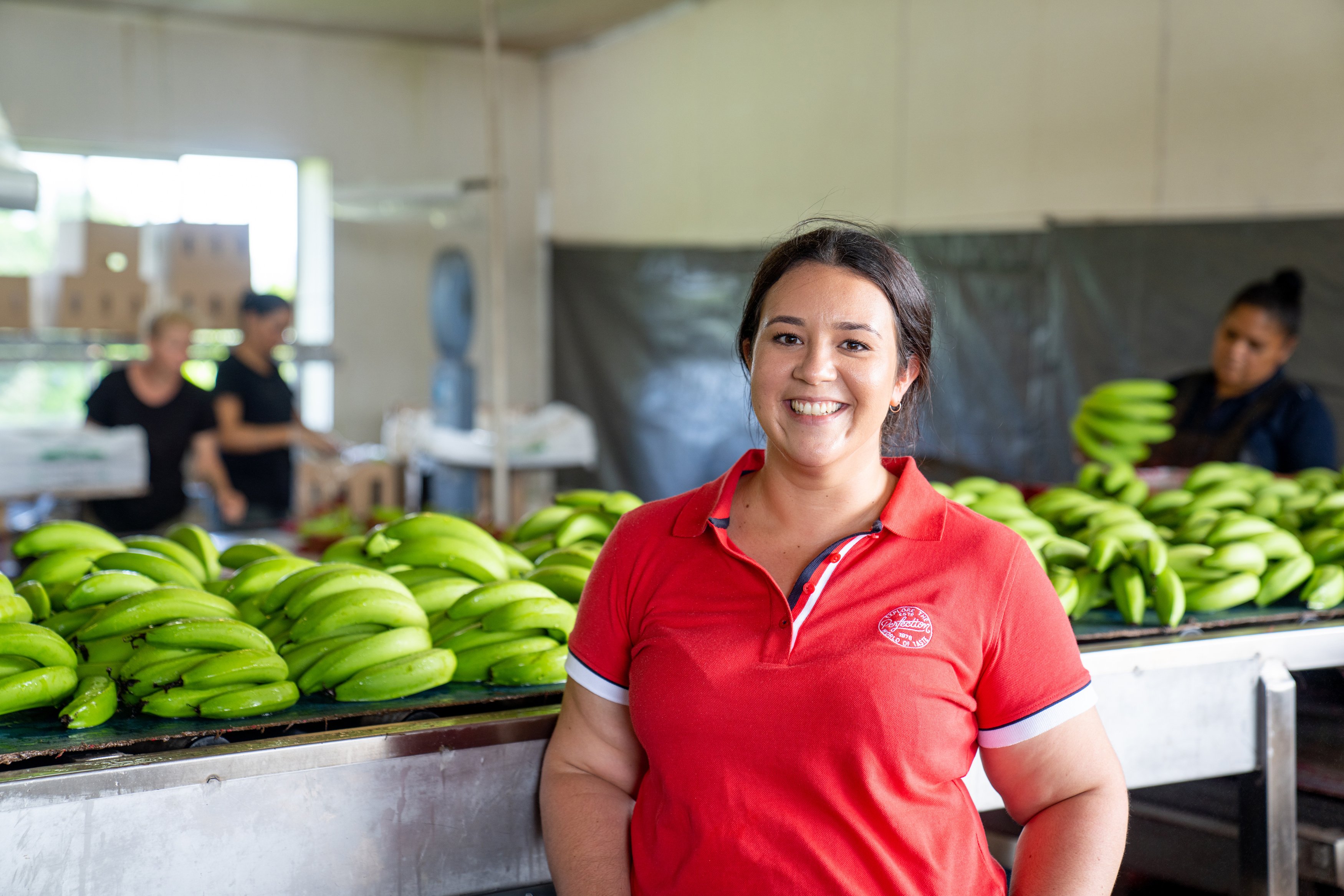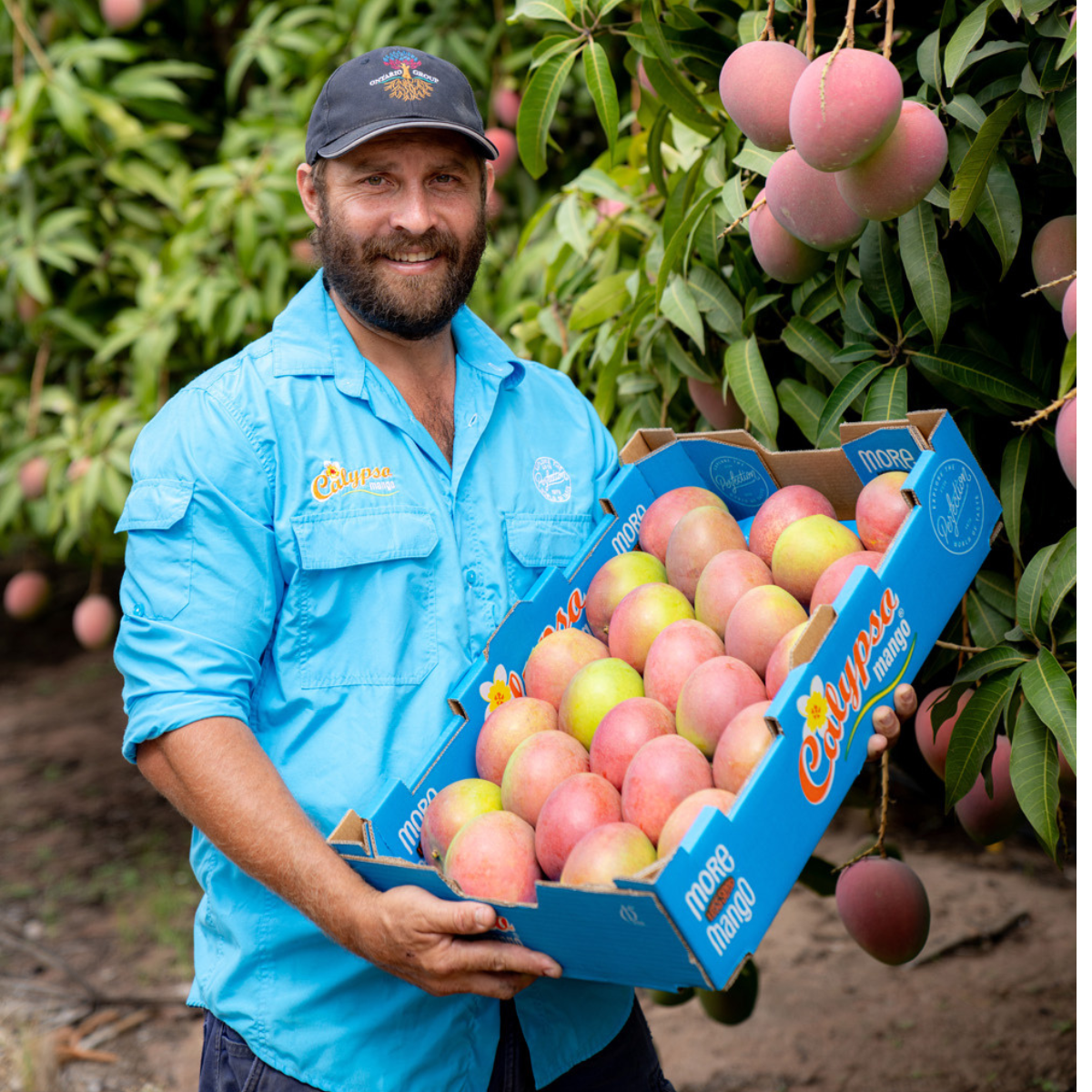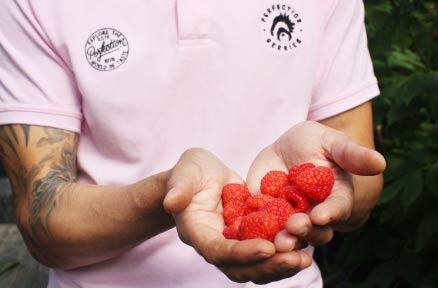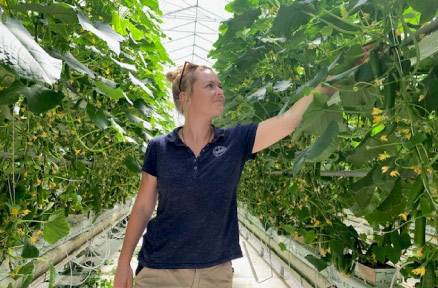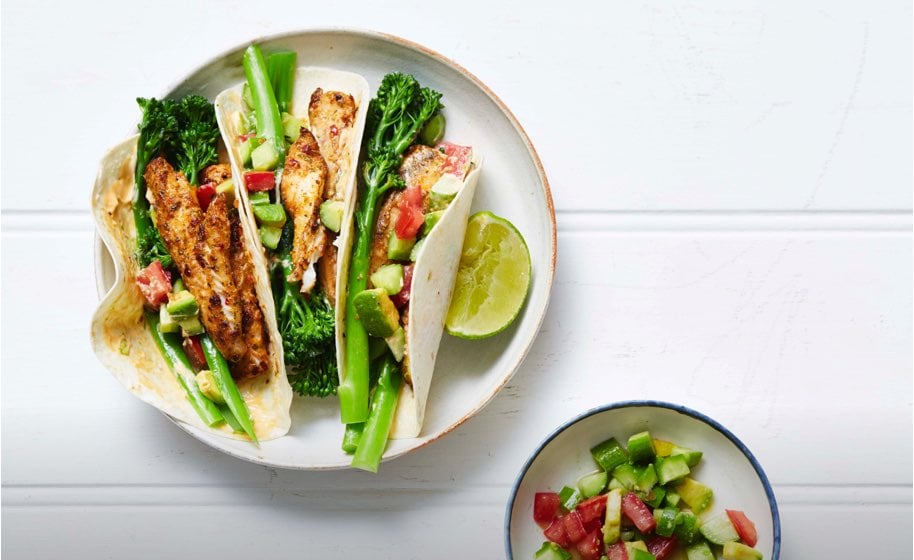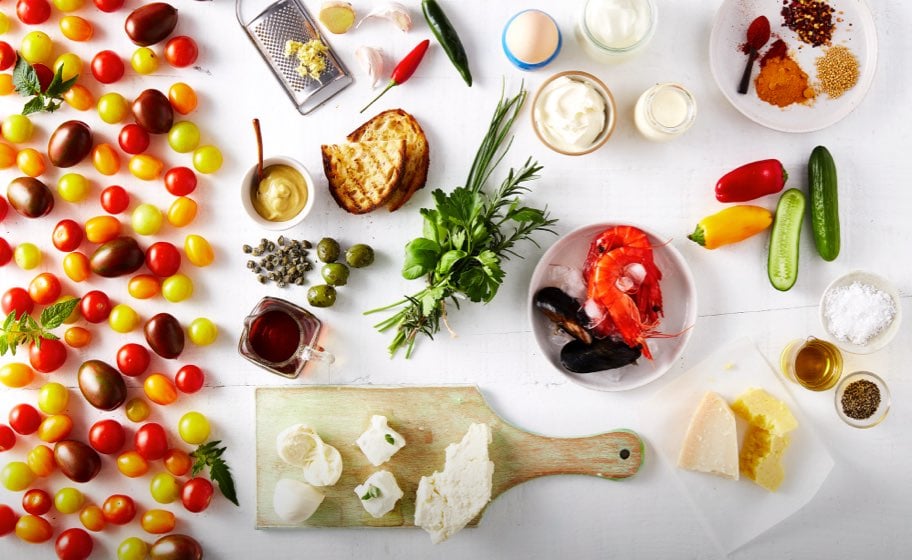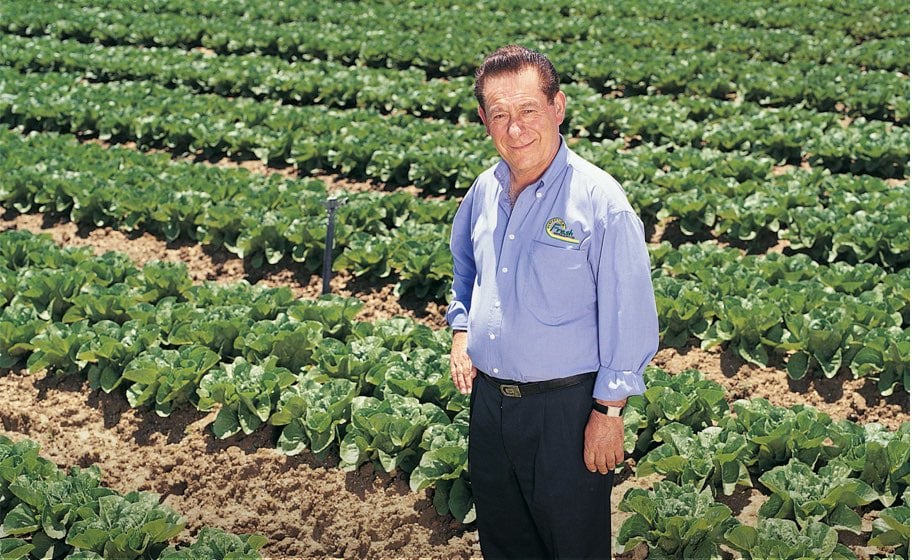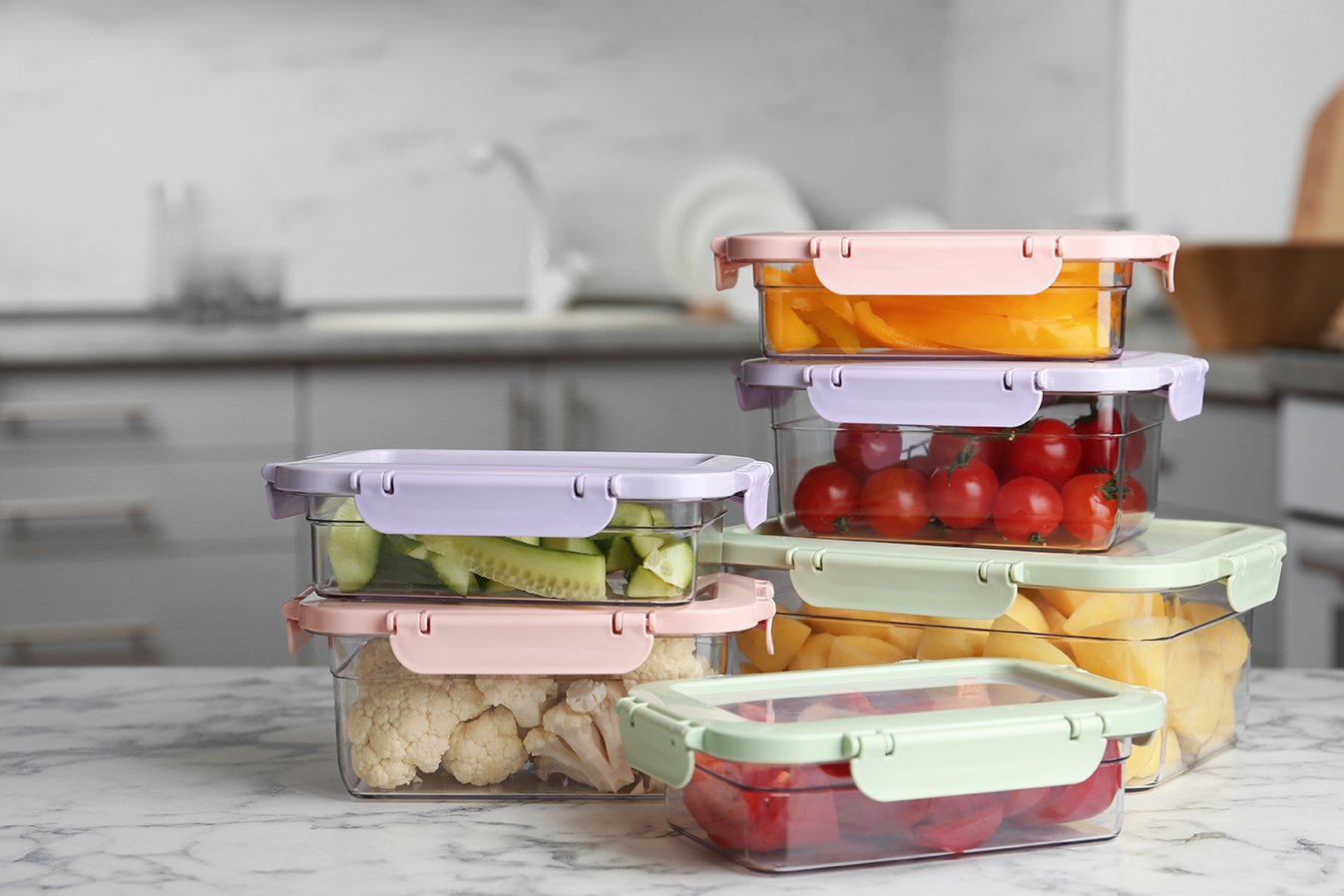
At Perfection Fresh, we are working to make the goodness of fruit and vegetables a more significant, more loved part of every Australian’s diet. We want to encourage everyone to make the most of every single piece of fruit and vegetable, to #useitall and never to have to throw any food in the bin unless, of course, it’s for the compost bin!
Waste not, want not.
Approximately USD $1 trillion dollars’ worth of food is lost or wasted every year.
The United Nations, Food and Agriculture Organisation estimate that one-third of all edible food, equivalent to 1.3 billion tons, is lost or wasted annually1 and that all the food produced but never eaten would be sufficient to feed two billion people2. The global issue is around something other than growing fresh produce. Unfortunately, 40% of waste in developing countries is due to post-harvest and processing and a staggering 40% of losses happen in thriving countries like Australia at our consumer level.
In Australia, it is estimated that 7.6 million tonnes of food is wasted, enough to fill the Melbourne Cricket Ground 10 times over, 70% of which is edible, according to End Food Waste.
How food waste is affecting Food Insecurity.
Food waste due to fresh produce that does not meet quality standards can affect household consumption and the supply chain, which can increase the household budget and affect food insecurity, a prevalent global issue seen increasingly in Australia. Since 2014, undernourishment and food insecurity have consistently increased, putting global goals to end hunger at risk and more than 2 million households in Australia (21%) have experienced severe food insecurity in the last 12 months3.
Further, food waste generated 17.5 million tonnes of CO2-e every year. That’s 3% of Australia’s national GHG emissions.
At Perfection Fresh, improving the quality and consistency of production is the priority in preventing food waste.
Perfection Fresh is working at the core to assist in this cause to #useitall
Taking a holistic approach to combat food waste, we recognise that we are responsible in all aspects of our business and are proud to be involved in several ways to make an impact.
- All our Perfection Fresh packaging is clearly labelled with specific storage instructions and designed to maintain quality and promote shelf-life longevity for fruit and vegetables.
- We are at the forefront of our production by managing consumption and waste through manufacturing. We’ve developed environmental management systems and processes to improve our environmental performance during manufacturing to eliminate or minimise all types of waste at farms and manufacturing and increase circularity within our business. Some organic by-products have the potential to be used as a biomass energy source, feed or fertilisers, contributing to circularity measures. We work to minimise waste at the farms, and what waste occurs is sorted into green waste and recyclable materials. We adhere to The United Nations Sustainable Development Goals, where the target is zero organic waste to landfill from our farms by 2030.
- As part of our sustainability efforts to the community, to help reduce food waste and help those in need, we partner with relief charities Foodbank and OzHarvest by providing fresh fruit and vegetables for those needing assistance with food relief. Where we can, the produce better suited for donation assists us in our sustainable agricultural practices by diverting surplus produce from landfills, reducing spoilage, and increasing awareness. In turn, Foodbank and Oz Harvest can provide their charities with delicious fresh produce. Last year we donated nearly half a million (equivalent) meals to the underprivileged. To find out more and to support, please visit Foodbank https://www.foodbank.org.au/?state=au and OzHarvest https://www.ozharvest.org/
- Importance of early intervention means educating our kids on healthy eating that involves preparation and portion control for less waste. We partner with ‘Vege Schools' and the Stephanie Alexander Kitchen Garden Foundation, which enables a hands-on learning experience for our future foodie horticulturalists.
- Because we are passionate about fresh produce, we are passionate about sharing our recipes to fight food waste and make the most of every food moment. For more information on how you can contribute to eliminating food waste and #useitall, download our free Food Waste E-book here: https://info.perfection.com.au/en/free-recipe-ebook
It’s easy for ‘Sustainable Perfection Fresh Citizens’ to combat the growing concern of food waste.
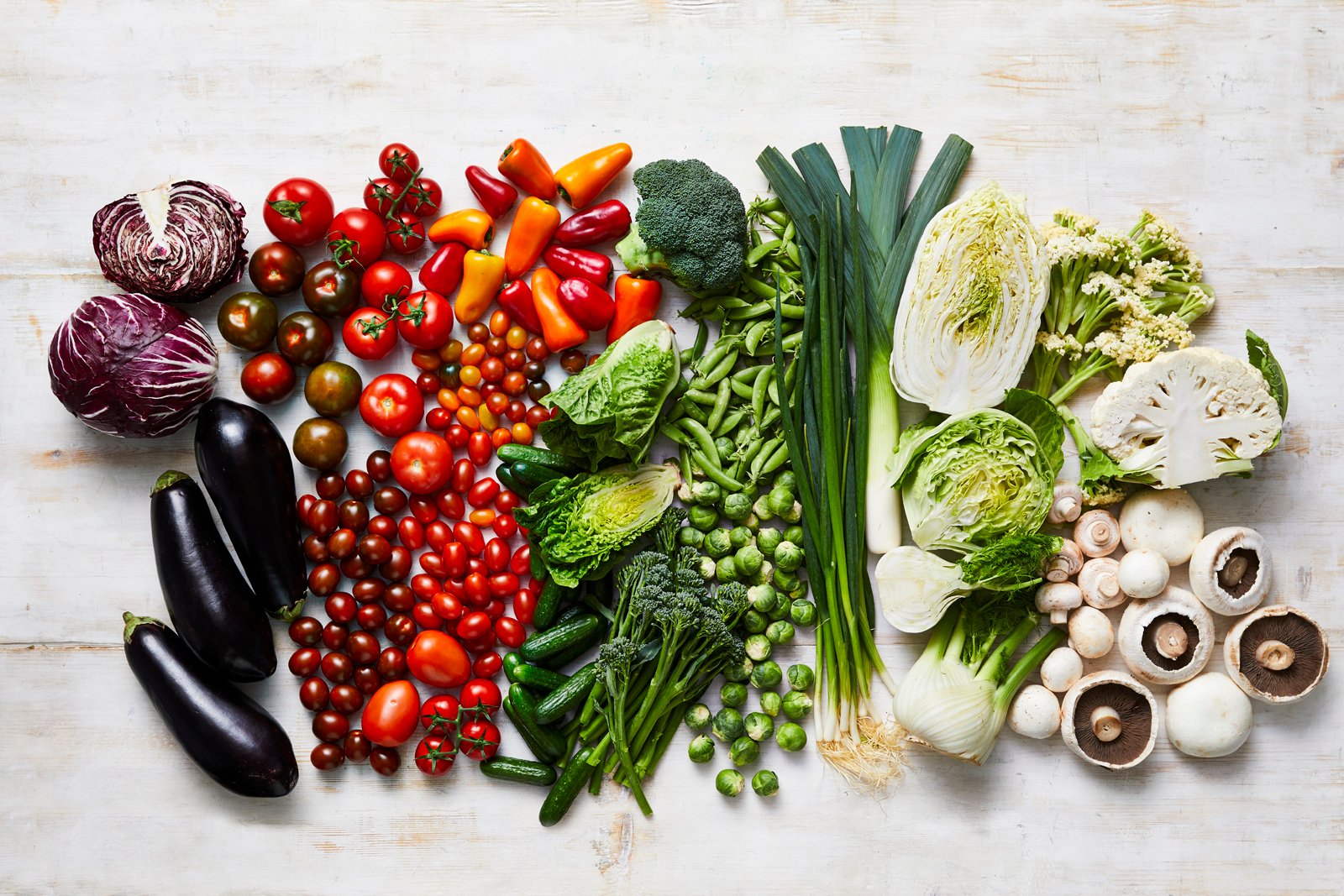
- Plan your meals. While pre-packed or pre-cooked can be time-consuming, it will benefit your budget and eliminate food waste. Correct portions mean a better weekly shop; following trusted and tested recipes means more eating and less wasting.
- Store food properly. Getting longevity out of your fruit and vegetables aids in less food going into the bin. Perfection Fresh has many food storage tips, like submerging hardy vegetables such as Carrots, Brussel Sprouts and Celery in water and kept in the fridge; they stay crisp and fresh for longer.
- Select the best fresh fruit and vegetables. Shelf life is an essential factor to consider, which is why Perfection Fresh ensures that produce stays fresh to meet the expectations of the Australian household.
- Utilise the many excellent ‘leftover’ recipes that are often the most satisfying and nutritious of all meals. The following recipes are a good way to use leftover fruits and vegetables in the fridge. Try the delicious Cauli-Blossom Slice or Broccolini Bake, or dig into a flavoursome Strawberry Butter. There are so many recipes on the Perfection Fresh website that you’ll never have to waste food again.
Let’s work together to combat Food Waste. For more information, visit the Perfection Fresh Food Waste page and don’t forget to #useitall.
References
- Reynolds, C.J.; Mavrakis, V.; Davison, S.; Høj, S.B.; Vlaholias, E.; Sharp, A.; Thompson, K.;Ward, P.; Coveney, J.; Piantadosi, J.; et al. Estimating informal household food waste in developed countries: The case of Australia. Waste Manage. Res. 2014, 32, 1254–1258.
- https://www.wfp.org/stories/5-facts-about-food-waste-and-hunger
- https://reports.foodbank.org.au/foodbank-hunger-report-2022/?state=au









